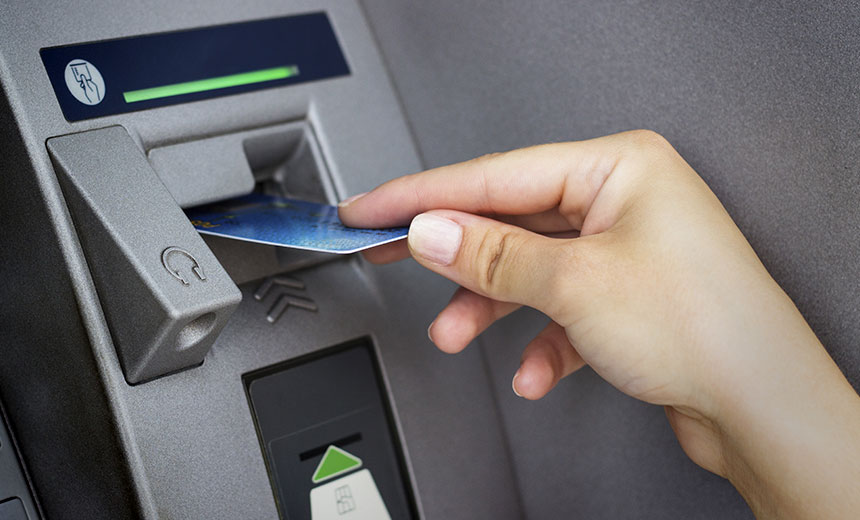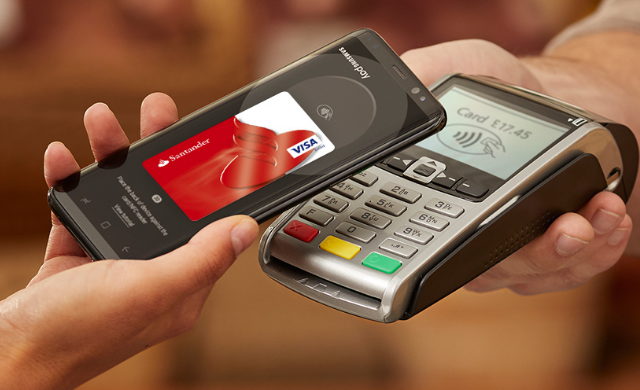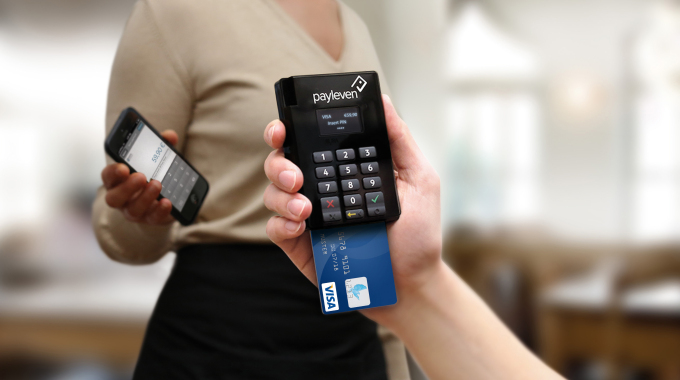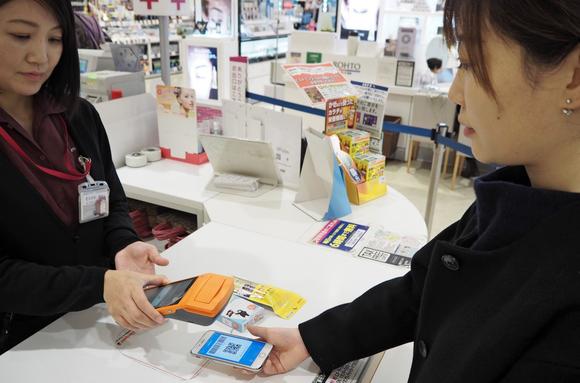ATM Debit Card Fraud Hit 10 Percent In 2017
A new report has revealed that there was a 10 percent increase in the number of payment cards compromised at U.S. ATMs and merchants in 2017.
“The number of compromises and the number of card members impacted set a new record last year,” said TJ Horan, vice president of fraud solutions at FICO. “While most devices are safe, fraudsters are developing new technology and methods for hacking ATMs. This is why it’s important for consumers to be cautious when withdrawing cash, and also for them to check their account regularly and confirm that all the transactions on their debit card are legitimate.”
The data – which is taken from the FICO Card Alert Service that monitors hundreds of thousands of ATMs and other readers in the U.S. – also showed that compromised card readers at U.S. ATMs, restaurants and merchants went up 8 percent in 2017.

ATM hacks have proven to be a real concern for consumers and financial institutions. Earlier this year, Diebold Nixdorf and NCR Corporation – the two biggest ATM makers in the world – warned that hackers are going after ATM machines in the U.S. with tools that can force the machines to spit out cash. A confidential alert was sent to banks from the U.S. Secret Service that hackers are targeting standalone ATMs that are usually found in drug stores, big-box retailers and drive-thru ATMs.
And while financial institutions are launching cardless ATM transactions in which customers can use their mobile phones to withdraw money, Krebs on Security found that feature can be hacked, with criminals using stolen bank account usernames and passwords to quietly take cash out of ATMs.
In its report, FICO offered tips to keep payment card info safe, including staying away from an ATM that looks odd, or where your card doesn’t enter the machine smoothly; avoiding an ATM if anyone is hanging around nearby; calling your bank immediately if your card is captured inside of an ATM; requesting a new card number if you believe your card has been compromised; and checking your transactions frequently.
– pymnts.com –



